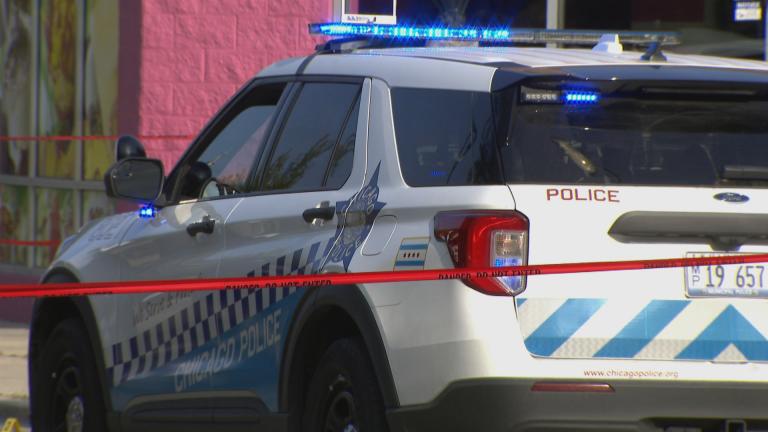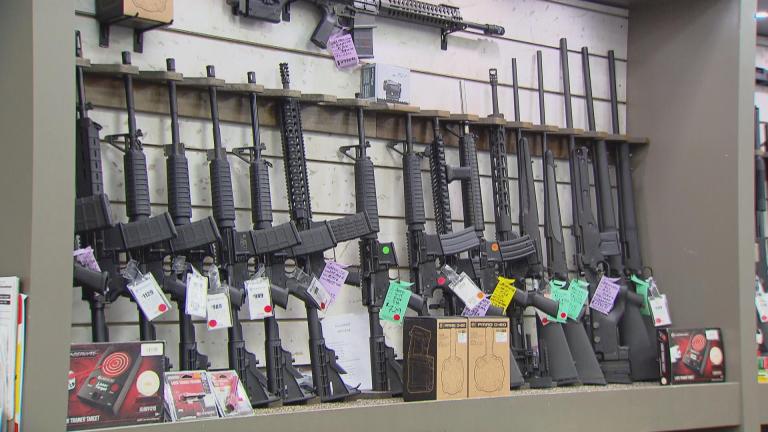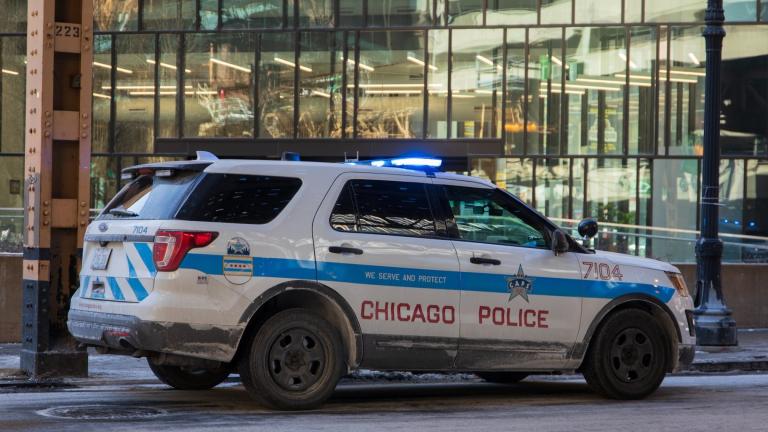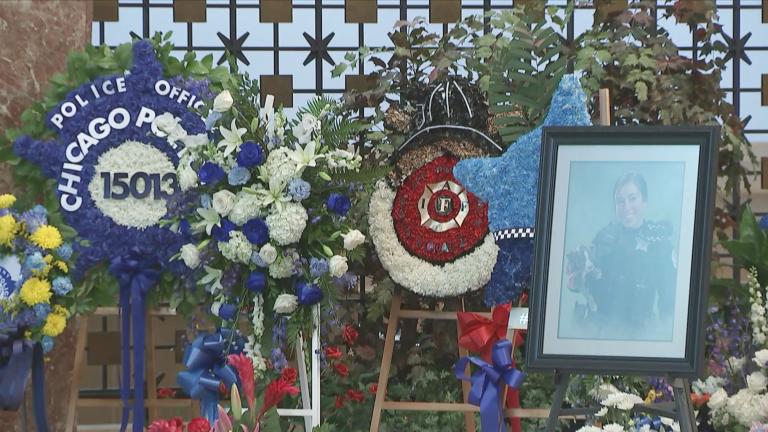Video: Alexandra Block, senior supervising attorney for criminal legal system and policing reform at the American Civil Liberties Union of Illinois; and Diane Latiker, founder and CEO of the organization Kids Off the Block join “Chicago Tonight” to discuss the plan. (Produced by Jennifer Cotto)
Mayor Lori Lightfoot will ask the Chicago City Council to change city law to expand the curfew for teens to start at 10 p.m. on Friday and Saturday nights, acknowledging that an executive order she issued Tuesday was fatally flawed.
The City Council’s Public Safety Committee will consider the proposal from Lightfoot to extend the curfew for minors at a meeting set for 9 a.m. Friday. However, it is not clear exactly what changes to the city code members of the City Council will consider, since a revised ordinance was not posted on the city clerk's office.
A spokesperson for Lightfoot did not respond Tuesday or Wednesday morning to questions from WTTW News about the mayor’s executive order. The city’s code does not allow the mayor to change an ordinance approved by the City Council.
The city’s curfew for minors has been on the books since 1992, and applies to teens between the ages of 12 and 16. That law requires Chicago teens to be home by 10 p.m. Sunday through Thursday and 11 p.m. Friday and Saturday.
The mayor’s executive order applies the curfew to teens younger than 18, and includes only one exemption — if the teen was “participating in, or returning home immediately after, a ticketed or sponsored event and has documentary evidence of their attendance at such event, e.g., a ticket stub or wristband with the event name preprinted on it.”
That would apparently allow teens to attend Lollapalooza, which is set to take place July 28 through July 31 in Grant Park, and other summer festivals and concerts.
The city’s existing curfew law includes four exemptions, but not the one included in Lightfoot’s executive order.
The law exempts teens from the curfew if they are “exercising First Amendment rights protected by the United States Constitution, such as the free exercise of religion, freedom of speech, and the right of assembly”; going to or from a job or employment activity; being involved in an emergency situation; or running errands at the direction of a parent or guardian.”
ACLU of Illinois Senior Supervising Attorney Alexandra Block told WTTW News that the mayor’s executive order amounted to “an attempted power grab.”
“The mayor does not have the legal authority to change the curfew law by fiat,” Block said. “Once again, Mayor Lightfoot appears unwilling to do the hard work of building bridges between the community and police, rather than using hastily cobbled-together measures that rely on failed tactics and disproven assumptions.”
The city’s curfew law authorizes Chicago police officers to “to take such minor into custody until such time as the minor’s parent, legal guardian, or other adult having legal care or custody of the minor is located and notified of the violation, and takes custody of the minor from the police. If no such person can be located within a reasonable period of time, the minor shall be referred to the appropriate juvenile authorities.”
Lightfoot’s executive order authorizes the Chicago Police officials “to use de-escalation and dispersal tools regularly employed to educate minors about curfew rules and to seek voluntary compliance.”
Lightfoot announced the changes to the city’s curfew Monday after the murder of 16-year-old Seandell Holliday just before around 7:30 p.m. Saturday in the heart of Millennium Park amid what Lightfoot called “chaos and unnecessary violence.” A 17-year-old has been charged in connection with his death.
On Sunday, Lightfoot announced teens 16 and younger would be banned from Millenium Park after 6 p.m. Thursday through Sunday, unless they are accompanied by a “responsible adult.”
Neither Lightfoot nor her office have released any details on that ban, which is set to take effect in a litte more than 24 hours.
Lightfoot told reporters she had the power to impose that ban because she can regulate the time, place and manner of access to the city’s parks, as determined by the U.S. Supreme Court in 2002 in the case of Thomas v. Chicago Park District.
Lightfoot said Monday she was confident her actions would withstand judicial scrutiny because they were “modest, very surgically narrowly defined.”
Contact Heather Cherone: @HeatherCherone | (773) 569-1863 | [email protected]






